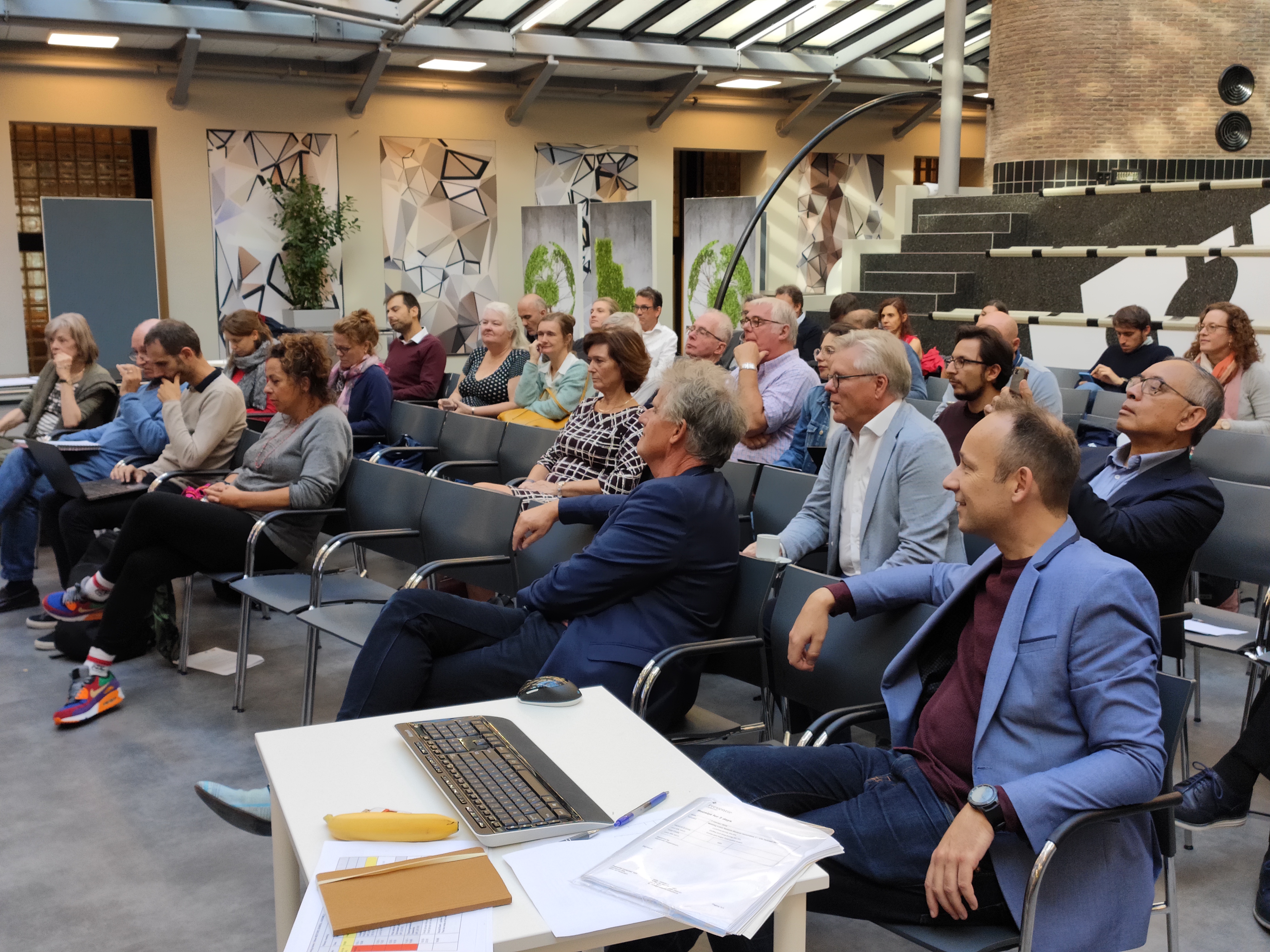
NESTORE advisors stress key principles to facilitate the adoption of the virtual coach
The third and last official meeting of the Forum of Advisory Stakeholders (FAS) in October 2019 was the occasion for a round of feedback from our knowledgeable members, who appreciated the efforts and progresses done so far by the project.
The group appreciated that their feedback had been integrated into the reflection and the evolution of the virtual coach, and provided some further feedback to the consortium, namely regarding the usability and the affordability of the NESTORE solution.
Usability
Some people would like to use NESTORE just when needed, i.e. not on a continuous basis. The pilot activity should reflect on this. Some users may be motivated on a punctual basis and be demotivated through an on-going monitoring and nudging. NESTORE should be flexible enough to accommodate these different preferences. Furthermore, it should be noted that no sustainable health behavior can happen in three months only.
Acceptance
The meeting taking place in Rotterdam was the opportunity to meet actors involved in the Dutch pilot. In Schiedam, the mayor comes from the migrant community, thus increasing the chances to have NESTORE embracing a multi-culture approach. It must be remembered that NESTORE’s approach against loneliness may change with respect to the cultural and social-economic statute of its users.
Affordability
Affordability was always an essential part of the debate within the FAS since its outset. NESTORE can be considered as a rather cheap system, if compared with the cost of setting up and maintaining health centers. Moreover, the preventive approach adopted by NESTORE promises consistent savings on health-care costs in the future. Nevertheless, it must be noted that the costs of setting up the system and selling it should also be considered. Our exploitation team integrating the latest discussion to adapt the different pricing models envisaged so far.
An economical study on the return of investment would be of tremendous help to show for each EURO invested what is it the amount that can be saved. NESTORE already performed a systematic literature review on Social Return on Investment (SROI) and on cost-benefit analysis but quantified metrics to depict the social return of investment are still missing. The issue will most probably be part of the final conference of the project.
NESTORE and general practitioners
What is the role of family doctors? What can be the influence of those expert and trusted professionals in the adoption of NESTORE? Project partners were recommended to carefully considered the relationships with general practitioners. Among other challenges, the necessary clinical information to be entered in the system prior to its use should be analyzed comprehensively. As a matter of fact, many older people have high uric acid and if NESTORE would recommend eating more salad that could be harmful.
The whole consortium will further examine these issues and integrate them with the preliminary results of the pilot activities and the real tests with participants.


